Navantia UK has confirmed progress on its £115 million investment across four British shipyards, with delivery now underway of a new mechanised panel production system for the Fleet Solid Support (FSS) vessel programme, the company stated.
The company said the Pemamek panel line, a digitally integrated fabrication system, has successfully passed factory acceptance tests and is being shipped to Harland & Wolff for installation in its expanded fabrication hall.
Once operational, the system will automate the production of flat panels for the Royal Fleet Auxiliary’s FSS ships, improving productivity, precision, and quality.
According to Navantia UK, the investment is part of a broader effort to build long-term industrial capacity and strengthen the UK’s naval manufacturing base. The company added that “new apprentices are joining us to develop the skilled workforce of the future, training on cutting-edge capabilities that will strengthen UK shipbuilding for decades to come.â€
Navantia UK is part of Team Resolute, alongside Harland & Wolff and BMT, responsible for delivering three Fleet Solid Support ships to the Royal Fleet Auxiliary. The vessels will provide logistics support to Royal Navy carrier strike groups and other task forces worldwide.
The government recently confirmed that Harland & Wolff’s capacity to contribute to Royal Navy shipbuilding was assessed before the Fleet Solid Support (FSS) contract was awarded, according to a written answer in the House of Lords on 1 October.
Baroness Ritchie of Downpatrick asked what assessment had been made of the Belfast yard’s ability to construct warships. Responding, Defence Minister Lord Coaker said the FSS competition was designed to ensure British shipbuilders could play a central role, with the award ultimately going to Navantia UK, which included Harland & Wolff as a strategic subcontractor. Lord Coaker stated:
“The build strategy was, and remains, that all three ships will be assembled from blocks manufactured in H&W’s shipyards in the UK and Navantia’s shipyards in Spain. Final assembly, systems integration and testing of the ships is planned to take place in Belfast.â€
He added that the programme required around £100 million of investment in the Belfast yard to recapitalise facilities and transfer skills and technology. The Ministry of Defence concluded that Harland & Wolff was capable of meeting its responsibilities, with Navantia UK responsible for managing subcontractors under the prime contract.
Since Harland & Wolff’s insolvency, Navantia UK has taken over its four shipyards. Coaker noted that work to modernise the Belfast yard has now resumed, strengthening UK capacity and productivity in naval construction.


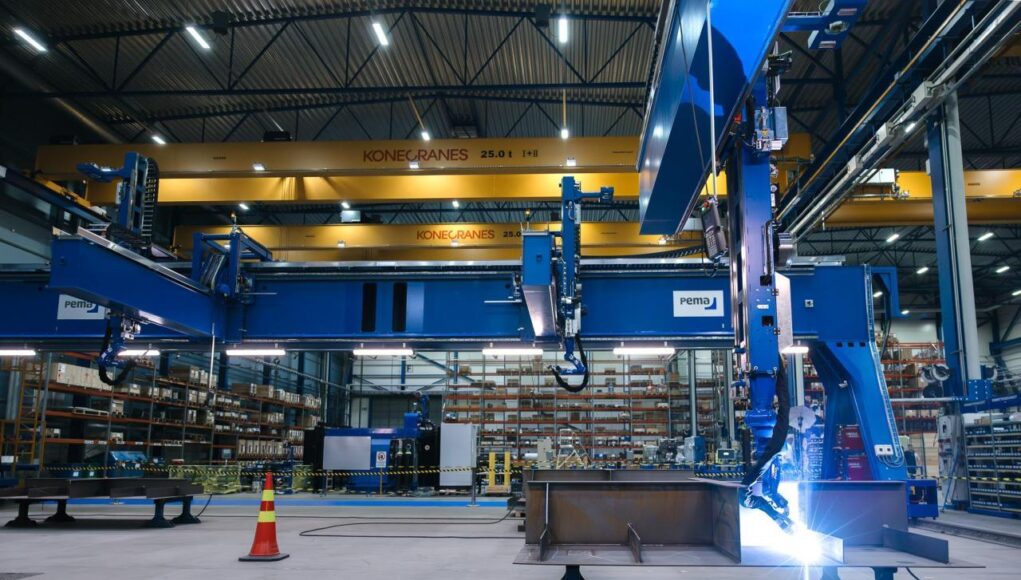

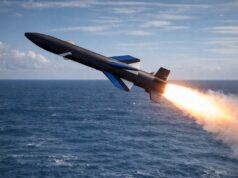
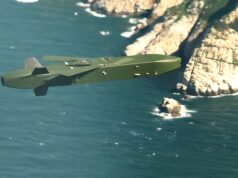

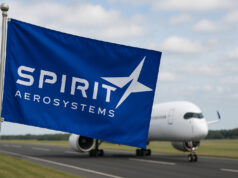

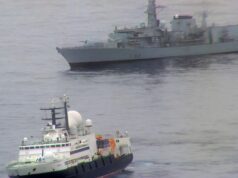




“ Navantia UK has confirmed progress on its £115 million investment across four British shipyardsâ€
That doesn’t strike me as that much money to be in a totally outdated shipyard up to scratch.
You’d need automated blasting, coating & painting. Apart from anything else it does a far better job than manual in terms of paint thicknesses and coverage.
I would imagine reading the majority investment would be at it’s belfast yard because thats the biggest yard